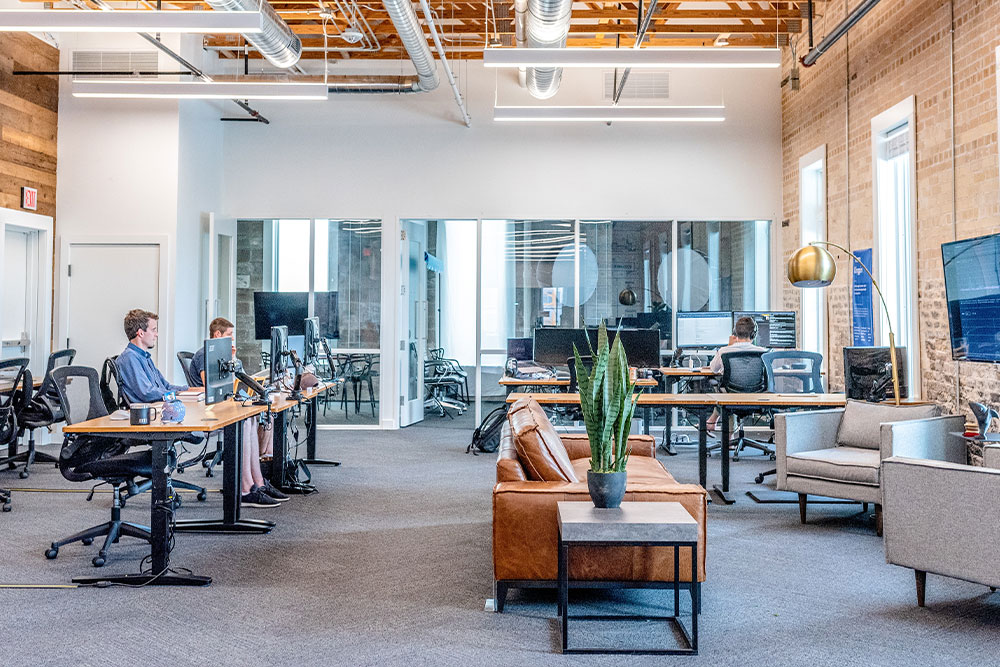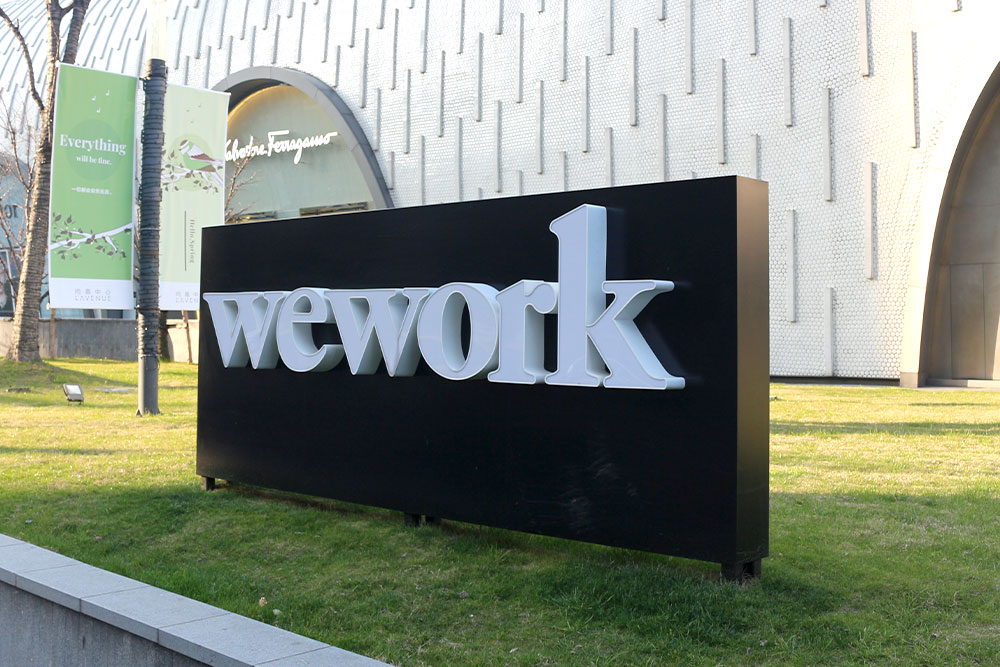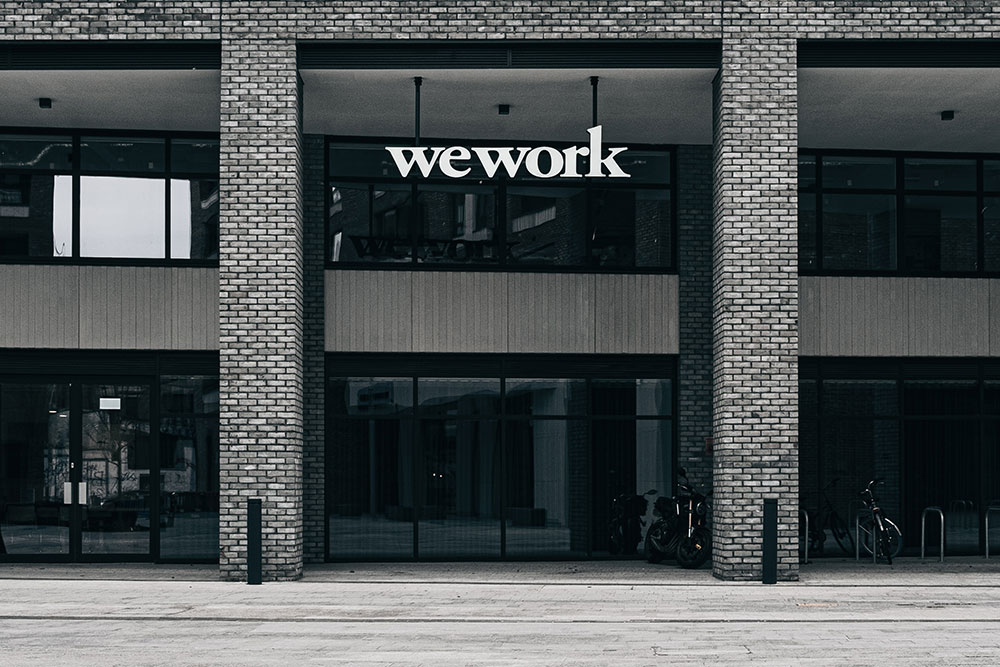“As the founder of a small (for now) law firm during the pandemic, we have had to be creative in terms of showcasing our abilities to potential clients, including those in the construction industry. Many times, the unconscious bias results in the phone call or opportunity you never get,” said Isaac Marcushamer, founding partner of DGIM Law in Aventura.
Diversity, equity and inclusion are now a big focus in the business world, but in a male-dominated industry such as construction, unconscious bias can still thwart the goals of some of the best-trained businesses in South Florida.
Everyone has biases, Saul Ewing Arnstein & Lehr partner Lisa Colon says, but often, there’s the unconscious bias that small, minority and womenowned businesses aren’t going to complete work as well as larger businesses, default on a project, or require more supervision.
“Somehow, that means less than, or deficient or incapable, and that’s often not the truth,” said Colon. “In fact, they’re probably the most capable because they stay in their lane, do what they do best and do it really well.”
Unconscious bias often shows up in the language of contracts in the construction and development industry, particularly in public projects.
In Miami-Dade, there’s a small business enterprise program that aims to do business with construction contractors that don’t exceed $10 million for general building, $6 million for heavy construction contractors and $5 millionfor specialty trade contractors.
“They’re using subcontracts that they use on all different types of projects, whether it’s public, private, big, small, whatever. Sometimes those terms have particular biases that affect a small business,” said Colon.
Payment terms in those contracts are particularly harmful, according to Colon. On public projects, there are laws that govern when the government is supposed to pay a contractor, and often payments are on a 45- to 90-day cycle. But that doesn’t work for smaller businesses.
“For a small business to wait 45 days, 60 days or, God forbid, 90 days to get paid, it can be very detrimental,” said Col.
‘We have had to be creative’
Small businesses are the largest driver of growth in America, according to Isaac Marcushamer, founding partner of DGIM Law in Aventura.
“If industries don’t recognize their unconscious or maybe concious, bias to the larger business, they miss out on the opportunities for stellar results from businesses that will likely treat every client preciously,” Marcushamer said.
In many industries, Marcushamer says there’s a perception of safety in size and experience, but unconscious bias creates an unfortunate negative feedback cycle for new and historically underrepresented people form breaking into the industry.
“As the founder of a small (for now) law firm during the pandemic we have had to be creative in terms of showcasing our abilities to potential clients, including those in the construction industry. Many times, the unconscious bias results in the phone call or opportunity you never get,” said Marcushamer. “Moreover, these highly motivated smaller or minority-owned businesses are often more highly motivated and creative than their larger and more chronologically blessed competitors.
Since smaller businesses don’t typically have the resources to hire lawyers to review their contracts, they often accept whatever proposed terms are in the contract and hope for the best. To help mitigate that, Colon suggests unconscious bias training for staff on large public projects.
Since smaller businesses don’t typically have the resources to hire lawyers to review their contracts, they often accept whatever proposed terms are in the contract and hope for the best. To help mitigate that, Colon suggests unconscious bias training for staff on large public projects.
Colon said she believes contractors should create an environment that not only protects their business but also makes it a healthy project for everyone.
“Make sure the payment terms are fair and equitable,” said Colon. “You want to make sure the businesses are getting paid on a faster basis for the work they’re doing. They’re often on the job a very small time and they can’t wait to get paid.”
For Marcushamer, going outside of the norm has had its benefits. “I would encourage them [larger businesses or agencies] to reach out to a small or minority-owned business each time they are considering a service provider,” he said. “I suspect they will be pleasantly surprised at the results more often than not.”








